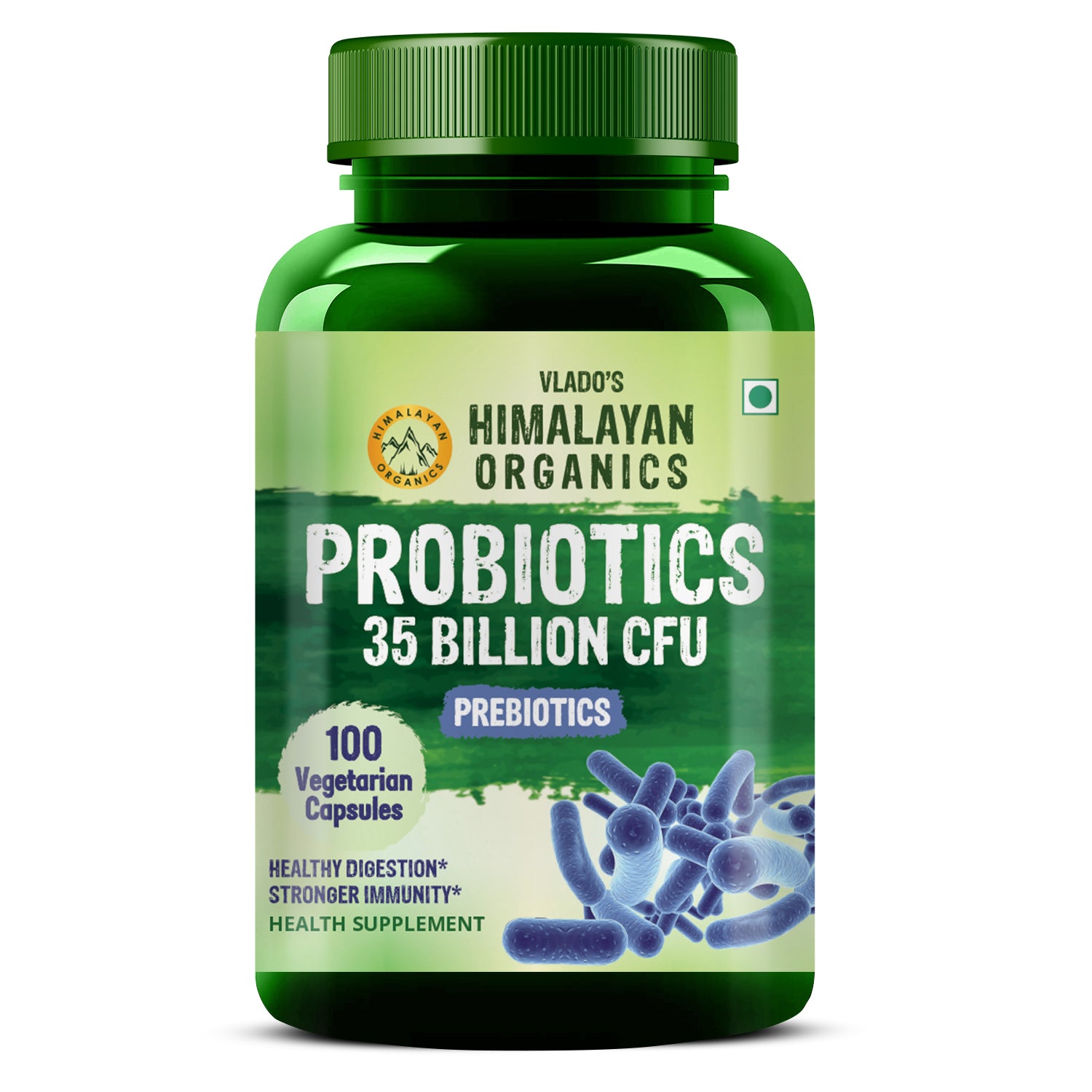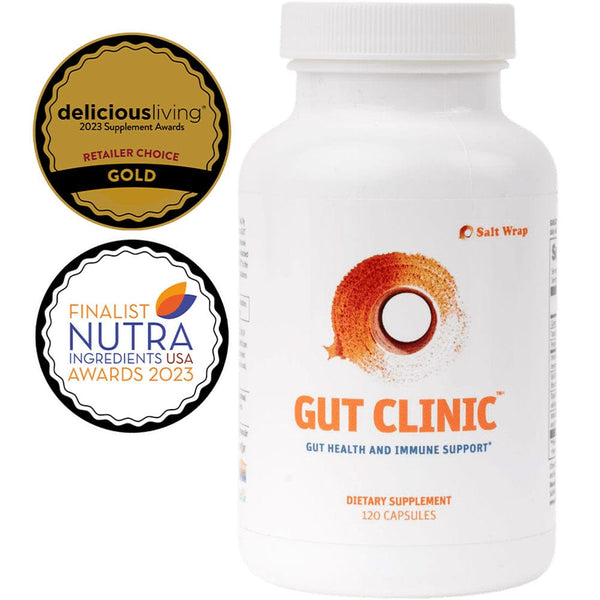Discover the Secret to Food Digestion and Immunity With Digestive Tract Health Support

Comprehending Gut Health And Wellness
Recognizing digestive tract wellness is important for total wellness, as it plays a substantial function in food digestion, immunity, and even psychological health. The digestive tract, consisting of the gastrointestinal system, is liable for breaking down food, taking in nutrients, and eliminating waste. A balanced digestive tract setting ensures effective food digestion, permitting the body to utilize nutrients successfully.
In addition, gut health and wellness substantially influences the immune system. The gut houses a considerable part of the body's immune cells, and a healthy and balanced intestine can help fend off microorganisms and minimize swelling. Disturbances in intestine wellness can lead to an overactive immune reaction, potentially contributing to autoimmune conditions and allergies.
Furthermore, the digestive tract is usually described as the "2nd mind" because of the gut-brain axis, a complicated interaction network linking the brain and the intestine. This connection affects state of mind, cognition, and psychological well-being. Issues such as dysbiosis, characterized by a discrepancy in gut bacteria, have been associated with mental health and wellness conditions, including anxiety and depression.
The Intestine Microbiome Explained

The gut microbiome, a varied area of bacteria living in the gastrointestinal system, plays a crucial function in maintaining digestive wellness and general wellness. Comprising trillions of microorganisms, viruses, fungi, and various other microorganisms, this complex ecological community help in the digestion of food, the synthesis of essential nutrients, and the law of metabolic processes.
Each individual's intestine microbiome is distinct, influenced by aspects such as diet, way of living, genetics, and ecological exposures. A well balanced microbiome supports optimal digestion by damaging down complicated carbs, creating short-chain fats, and assisting in the absorption of nutrients. Conversely, an inequality, typically described as dysbiosis, can result in digestive conditions, consisting of cranky digestive tract syndrome (IBS) and inflammatory digestive tract condition (IBD)
Research study has actually demonstrated that a varied microbiome is related to much better wellness outcomes, highlighting the relevance of dietary options in supporting these microbes. Foods rich in fiber, probiotics, and prebiotics, such as fruits, veggies, and fermented items, can promote a healthy microbiome. Recognizing the gut microbiome is vital for creating targeted interventions aimed at enhancing digestive system health and avoiding intestinal conditions.

Connection Between Digestion and Immunity
A robust connection exists in between digestion and resistance, highlighting the important duty of the digestive tract in keeping overall wellness. The gastrointestinal tract is home to trillions of microbes that form the intestine microbiome, which significantly affects both immune responses and digestion procedures. This complex environment help in breaking down food, taking in nutrients, and supplying essential metabolites that support immune function.
When food digestion is reliable, the gut barrier stays undamaged, preventing damaging virus from getting in the blood stream (gut health supplement). Conversely, bad digestion can cause an inequality in the microbiome, resulting in dysbiosis, which has been linked to various health and wellness problems, consisting of inflammatory disorders and autoimmune diseases. Additionally, around 70% of the body immune system stays in the gut-associated lymphoid cells (GALT), which connects very closely with the intestine microbiome. This interaction ensures that the body immune system can properly compare harmful and beneficial materials.
Tips for Supporting Intestine Health And Wellness
Supporting intestine health and wellness is vital for preserving both digestive performance and a well-functioning immune system. To cultivate ideal intestine health and wellness, take into consideration integrating several functional strategies right into your daily routine.
First, focus on hydration. Consuming ample water sustains digestion and aids maintain the mucosal cellular lining of the intestinal tracts. Additionally, routine exercise can improve intestine motility and promote a varied microbiome.
Mindful eating methods are additionally necessary. Chewing food completely and consuming gradually can aid food digestion and protect against overeating, which might emphasize the gut. Handling anxiety via strategies such as meditation, yoga, or deep-breathing exercises can positively influence digestive tract health and wellness, as stress and anxiety is recognized to disrupt digestive processes.
Incorporating prebiotics and probiotics into your program is one more efficient technique. While certain foods will certainly be reviewed later on, recognizing the relevance of these parts is critical. Prebiotics work as food for beneficial gut microorganisms, while probiotics present real-time valuable microorganisms.
Last but not least, prevent extreme use of antibiotics, as they can disrupt the balance of intestine vegetation. By complying with these ideas, you can substantially contribute to the maintenance of a healthy and balanced intestine, which is necessary for see this page general health and vitality.
Foods That Promote Intestine Wellness

Fermented foods, such as yogurt, kefir, kimchi, and sauerkraut, are abundant in probiotics, which are beneficial microorganisms that sustain digestive tract plants and improve digestion. These foods can aid recover equilibrium in the digestive tract, especially after antibiotic use or digestive system disruptions.
Along with fermented choices, prebiotic foods, such as garlic, onions, asparagus, and bananas, serve as nourishment for these probiotics, advertising their development and activity. These soluble fibers sustain digestive tract motility and can ease concerns like bowel irregularity.
Moreover, integrating high-fiber foods, including whole grains, fruits, veggies, and vegetables, is necessary for preserving a healthy and balanced digestive tract. Fiber aids in normal bowel activities and assists prevent this page digestive system conditions.
Lastly, omega-3 fats found in fatty fish, flaxseeds, and walnuts have anti-inflammatory buildings that can additionally support digestive tract health. Highlighting these foods in your diet can cause a robust gastrointestinal system and boosted immune function.
Verdict
In verdict, focusing on intestine health is vital for enhancing food digestion and boosting resistance. A well balanced gut microbiome, influenced by dietary choices and lifestyle elements, plays an important duty in nutrient absorption and swelling decrease.
Recognizing intestine wellness is critical for total health, as it plays a substantial duty in visit here food digestion, resistance, and also psychological health and wellness. The digestive tract houses a considerable part of the body's immune cells, and a healthy gut can help fend off pathogens and reduce swelling.In addition, the intestine is commonly referred to as the "2nd brain" due to the gut-brain axis, a complex interaction network connecting the intestine and the brain.A durable link exists between digestion and resistance, highlighting the vital function of the gut in maintaining total health and wellness.In final thought, prioritizing intestine health and wellness is vital for optimizing food digestion and enhancing resistance.